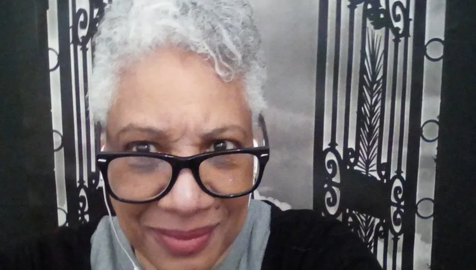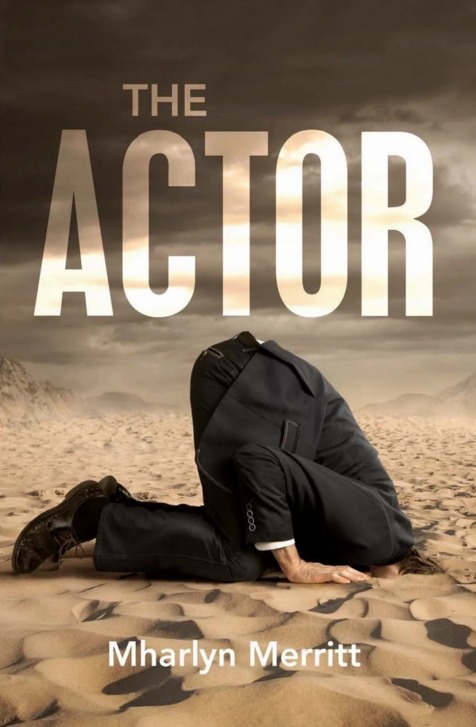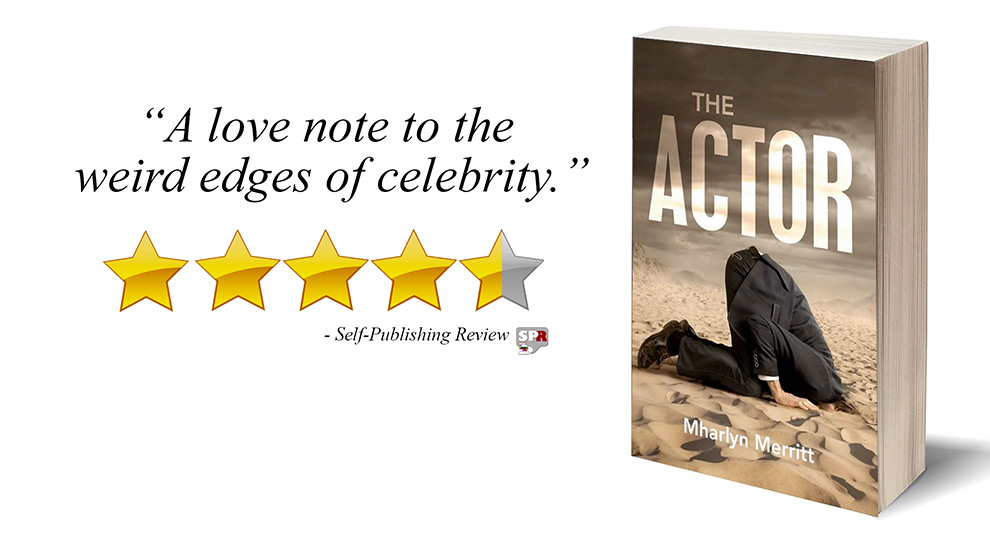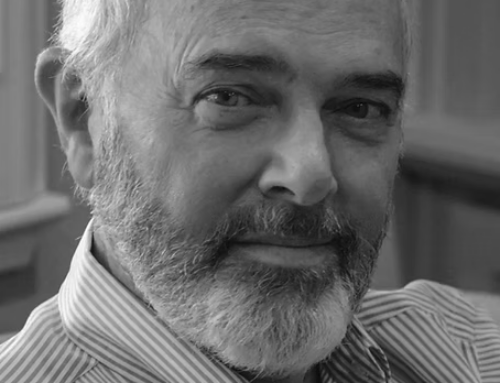 Mharlyn Merritt has an MFA in Creative Writing, with a concentration in Fiction from Fairleigh Dickinson University, where she served as an editorial fiction reader for The Literary Review. Mharlyn’s interests include the intertextuality between literature and film (especially Classic Hollywood cinema/Film Noir) and its impact on contemporary culture. Mharlyn is also a renowned Jazz vocalist and the recipient of an NEA Fellowship in Jazz Performance. She lives and writes in her hometown, Philadelphia, Pennsylvania.
Mharlyn Merritt has an MFA in Creative Writing, with a concentration in Fiction from Fairleigh Dickinson University, where she served as an editorial fiction reader for The Literary Review. Mharlyn’s interests include the intertextuality between literature and film (especially Classic Hollywood cinema/Film Noir) and its impact on contemporary culture. Mharlyn is also a renowned Jazz vocalist and the recipient of an NEA Fellowship in Jazz Performance. She lives and writes in her hometown, Philadelphia, Pennsylvania.
Tell us about your book.
The Actor is a homage to Classic Hollywood with a nod to film noir and screwball comedies. It’s also a send-up of modern romance and celebrity.
Why did you want to write a book?
Actually, I didn’t want to write a book. It was an experiment to see if I had the chops and the stamina to write long-form fiction.
Why did you choose to self-publish?
In 2016 I was hit by a car while crossing the street. This happened three months after I received my MFA in Creative Writing. The Actor was one of my required graduation theses and I had been shopping it around while I was in school. People enjoyed reading it, but there were no takers. At the end of my recovery from the accident, which included several operations and learning to walk again, I realized that I just didn’t have time (literally) to wait for someone to tell me I was worthy of publication.
 What tools or companies did you use, and what experience did you have?
What tools or companies did you use, and what experience did you have?
I liked Lulu Publishing’s business model, and their name, so I chose them as publishers. They were very supportive and patient. I did make a costly mistake, however, in not working with a professional editor/formatting before submitting my manuscript. I thought I could do it myself but it was too much. I put out a request on Fairleigh-Dickinson University’s Facebook site for graduates of its MFA program in Creative Writing and became acquainted with Maura Harrington, The Graceful Grammarian who became and invaluable collaborator and a friend with whom I hope to work with again.
Would you self-publish again?
Absolutely! Especially now that I know what I’m doing. I made a lot of mistakes. I had to step back, go easy on myself and take each mistake as a learning experience. I’ve encountered some wonderful people through this journey, as well.
What do you think are the main pitfalls for indie writers?
For me the greatest pitfall was marketing. I was lucky I had a budget, but I still needed to keep expenses down. It’s hard once the work has been done to get it out there to readers because there are thousands of people just like you trying to do the same thing. Research lead me to great services in support of indies like Self Publishing Review. Finding the right publisher is another pitfall, because there are some scammers out there, so please do your research.
What tips can you give other authors looking to self-publish?
First: Write something worthy of your readers, something you are passionate about and proud of; not just to make money, which is a really hollow endeavor. Two: Get as many knowledgeable eyes on your work as possible. Find a way to hire a professional editor who gets you, and your work. It’s worth the money and you won’t regret it. Three: Believe in yourself and your work. Four: Find a good publisher with good distribution to multiple platforms and who provides you with support during every step of publication. You are in charge so don’t be afraid to ask questions; don’t be afraid to ask for what you want. Finally: Have marketing plan, which includes a website.
What was your steepest learning curve during the publishing process?
Type faces and formatting and the physical size of the actual book. These are not thing we think of as writers or as readers. Once again I had to do research. I started with novels I had at home that I liked and were about the same length as mine. I measured them. Really. This way I knew what size I wanted when the publisher gave me a choice. On the last page of many novels it will state what font the publisher used, so I was able to compare different books to come up with what I like. Even if my chosen publisher couldn’t provide the exact font they could approximate what I wanted.
As a writer, what is your schedule? How do you get the job done?
This is my only caveat about self-publishing: it will cut into your writing time. My absolute base line is three single sided pages a day and to get the first draft done as quickly as possible.

How do you deal with writer’s block?
There’s always something to do. I can start revisions. I can just write dialogue for some future scene I have in my head. I can look up a zodiac sign for a particular character in order to flesh them out. Again, with the three page a day thing, once you convince yourself that it doesn’t have to be brilliant, the writing is do-able no matter what.
Tell us about the genre you wrote in, and why you chose to write this sort of book.
The Actor crosses so many genres I never really thought about one in particular while I was writing. I’ve always been a big fan of thrillers and suspense novels, so that did play a part in terms of the plot. Since The Actor is also about movies I wanted it to be cinematic in its proportions, like Henry Fielding’s novel Tom Jones, which has had a profound effect on my writing.
Why did you write about this particular subject?
I wanted to explore the dark side of celebrity in a very concentrated way.
Who are your biggest writing inspirations and why?
As mentioned Henry Fielding continues to be an influence. Jorge Luis Borges and Gabriel Garcia Marquez and Isabel Allende inspired my imagination to expand beyond its previous limitations. Reading Gore Vidal and Kurt Vonnegut encouraged me to use humor in my writing. My biggest influence has been, the absolute master of plot and character, Charles Dickens.
How do your friends and family get involved with your writing? What do they think of your book?
I do not involve family and only a very few friends in my writing. I was in a well established writers’ group with professional writers, fiction and non-fiction as well as novice and amateur writers. The critiques and encouragement from such different perspectives really helped me to take my work seriously.
What are your plans now your book is published?
I want to get The Actor into the hands of as many readers as there are on the planet. Writing is art, but it is also a business. My primary art form is music and I just finished a long distance collaboration with my friend Jazz pianist John di Martino on a soundtrack to my novel The Actor. The challenge now is to finish it.
What did you learn on your journey as an author?
That perseverance and endurance are two things a writer has to have. It’s way too easy to give up. I can say that’s the one big thing I’ve learned.
What’s next for you as an author?
I’m going to finish my second novel, The Rachel Montoya Story and a sequel to The Actor, with breaks in between. A writer needs her rest.
Author Links
Get an Editorial Review | Get Amazon Sales & Reviews | Get Edited | Get Beta Readers | Enter the SPR Book Awards | Other Marketing Services






















Leave A Comment